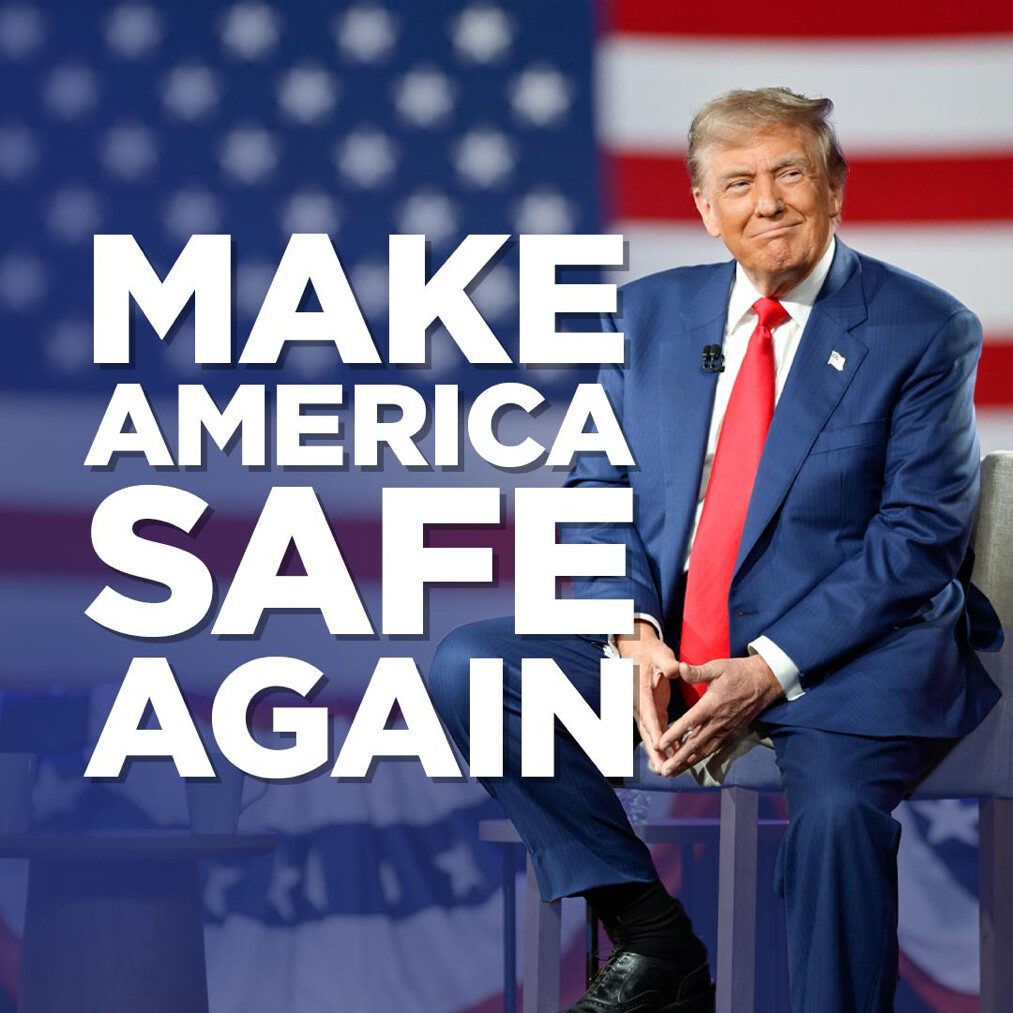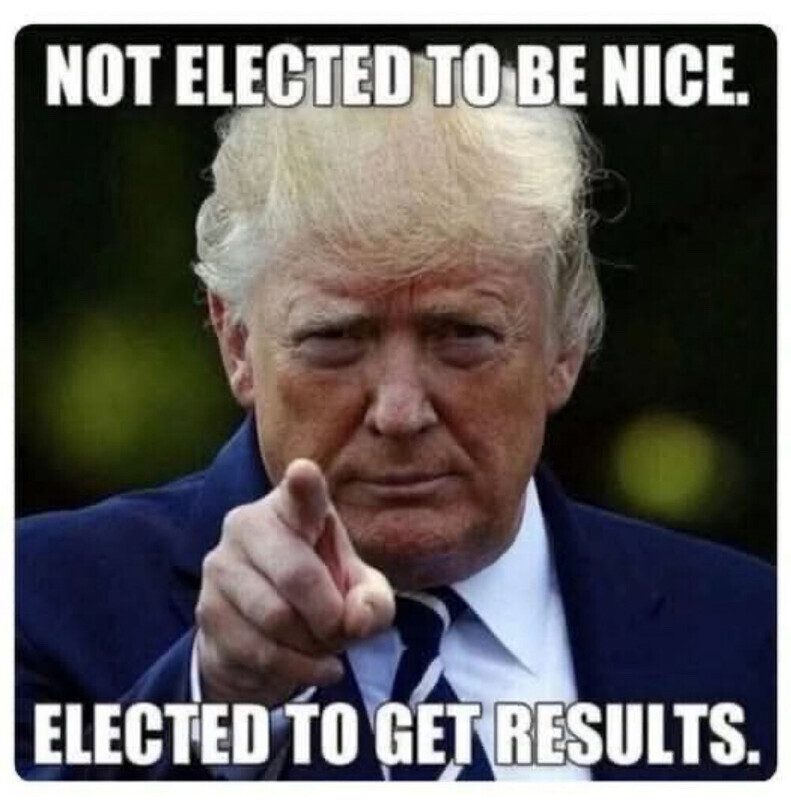After only two days back in office, President Donald Trump has already begun a whirlwind of executive actions and policy announcements that echo his style from his first term—fast, controversial, and highly attention-grabbing. His second term is off to a frenzied start, with promises of sweeping changes and a clear push to assert his authority. Here’s an overview of the major actions taken so far and what they signal for his presidency moving forward.
Read More: Military Action in Panama? Why Trump’s Threat Could Backfire
A Faster, More Organized White House

Trump’s initial pace in office suggests a more structured approach compared to his chaotic first term. His new chief of staff, Susie Wiles, has been credited with bringing order to Trump’s campaign and is now tasked with bringing similar discipline to the White House. The frenetic speed of his actions could be part of a broader strategy to maintain momentum and sideline opponents. Trump’s ability to execute quickly, with a clear sense of purpose, may help him push his agenda more effectively in a deeply divided Congress.
Tackling Immigration with Aggressive Measures
Trump has declared a national emergency at the southern border, with plans to send additional military troops to assist Border Patrol. A new executive order strips churches and schools of sanctuary protections, allowing for increased ICE operations in these areas. Plans are in place for mass deportations and to shut down a border app that facilitated legal immigration. Immigration continues to be a hot-button issue, energizing Trump’s base, but this hardline stance risks alienating moderate and swing voters who may have supported him for his economic policies. His tough rhetoric and actions, including demonizing migrants from prisons and mental institutions, are designed to build fear and rally support for border security. Critics argue this approach risks overstepping legal boundaries and fostering xenophobia.

Using the Pardon Power to Make a Statement
Trump has already used his executive pardon power to free over 1,000 individuals involved in the January 6 Capitol riots, including those who assaulted law enforcement. Another controversial pardon was granted to Ross William Ulbricht, founder of the Silk Road dark web marketplace, signaling support for Libertarian ideals. These actions reinforce Trump’s message of defiance against legal institutions and highlight his willingness to prioritize his political allies and supporters, regardless of their criminal actions. His critics are worried that he will continue to use pardons to bypass the justice system, particularly for those who have helped or will help him politically.
Leveraging International Relations to Secure Deals
Trump has signaled his intent to engage Russian President Vladimir Putin to negotiate an end to the war in Ukraine, framing the conversation as a “deal” to end the conflict. He has also raised the prospect of new tariffs on both China and the European Union, continuing his trade war tactics from his first term. Trump’s approach to foreign policy remains transactional, relying on the threat of tariffs and negotiations to assert U.S. power on the global stage. While his willingness to engage with Putin may soften his image among some, it risks further alienating European allies who view Russia as a threat to global stability.
Reinforcing Border Security with Military Deployment

Trump has ordered thousands of additional U.S. military troops to the southern border to assist in border security efforts. These troops will focus on logistical tasks, intelligence, and air operations. A decision on whether to invoke the Insurrection Act to authorize active-duty troops for domestic law enforcement will be made in 90 days. While these troops are not authorized to directly engage with migrants, their presence signals a heightened military approach to domestic law enforcement. This raises legal concerns due to the Posse Comitatus Act, which limits the use of federal military forces in domestic law enforcement without congressional approval. The move also escalates tensions between federal authorities and local jurisdictions, many of which have already voiced opposition to increased militarization of border enforcement.
Challenges and Risks Ahead
Trump’s early actions may be bold, but his ability to implement long-lasting changes depends on Congress, where the GOP’s slim majority in the House of Representatives could present a major obstacle. While Trump has delivered on his campaign promises in the short term, his presidency faces significant challenges from legal battles, internal Republican divisions, and international crises. Trump’s quick pace is designed to create an impression of constant progress, but the real test of his second term will be his ability to secure lasting change through legislation and handle unforeseen crises effectively. His aggressive rhetoric and use of executive power will continue to dominate the political discourse, raising questions about his ability to govern within the constraints of the law.
Read More: What Magical Resource Leaves America Struggling While India and China Thrive, Is This Why Donald Trump Is Tensed?







